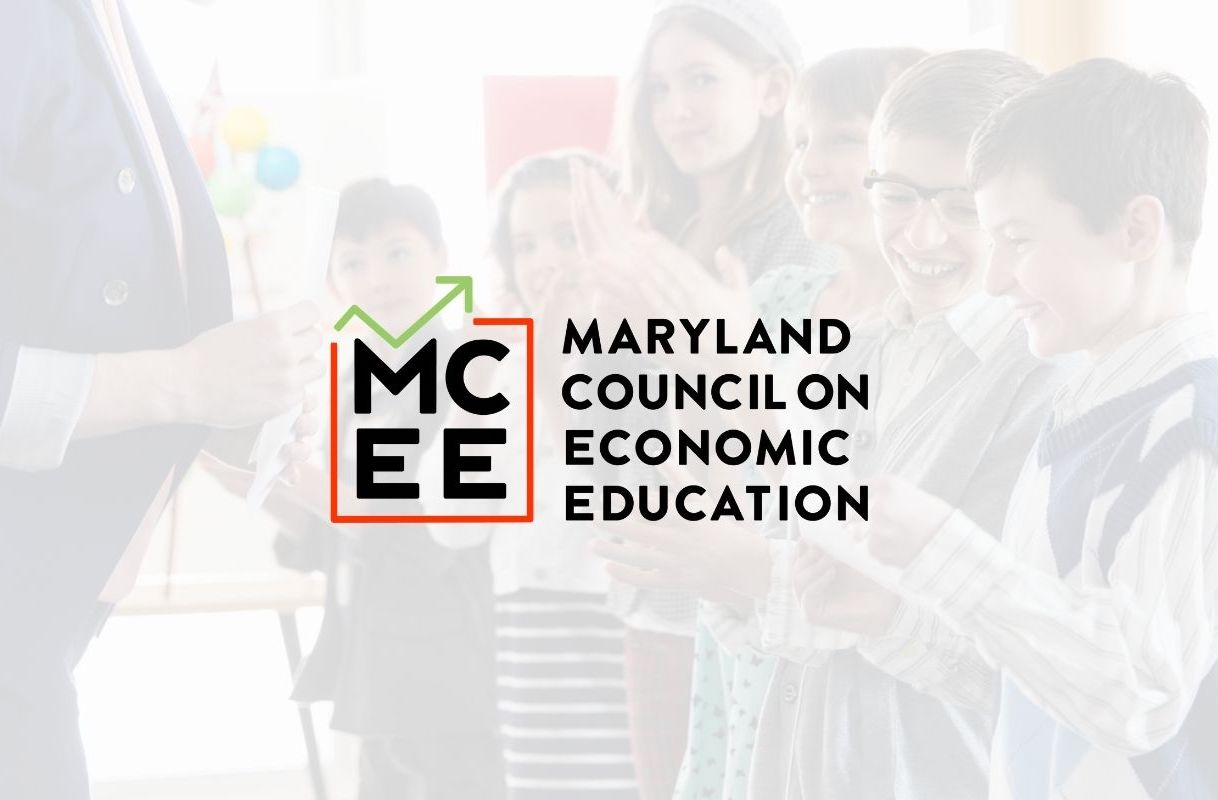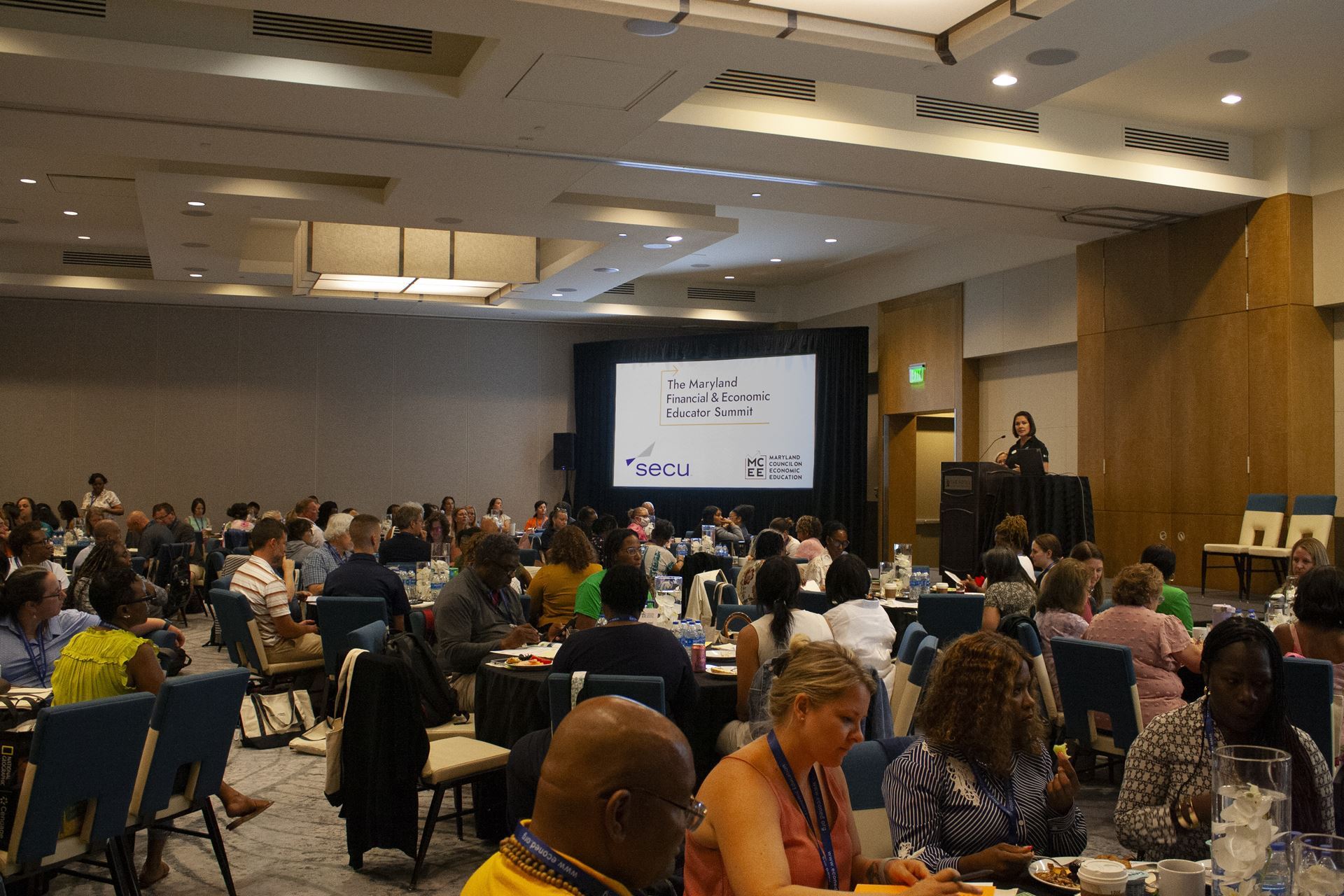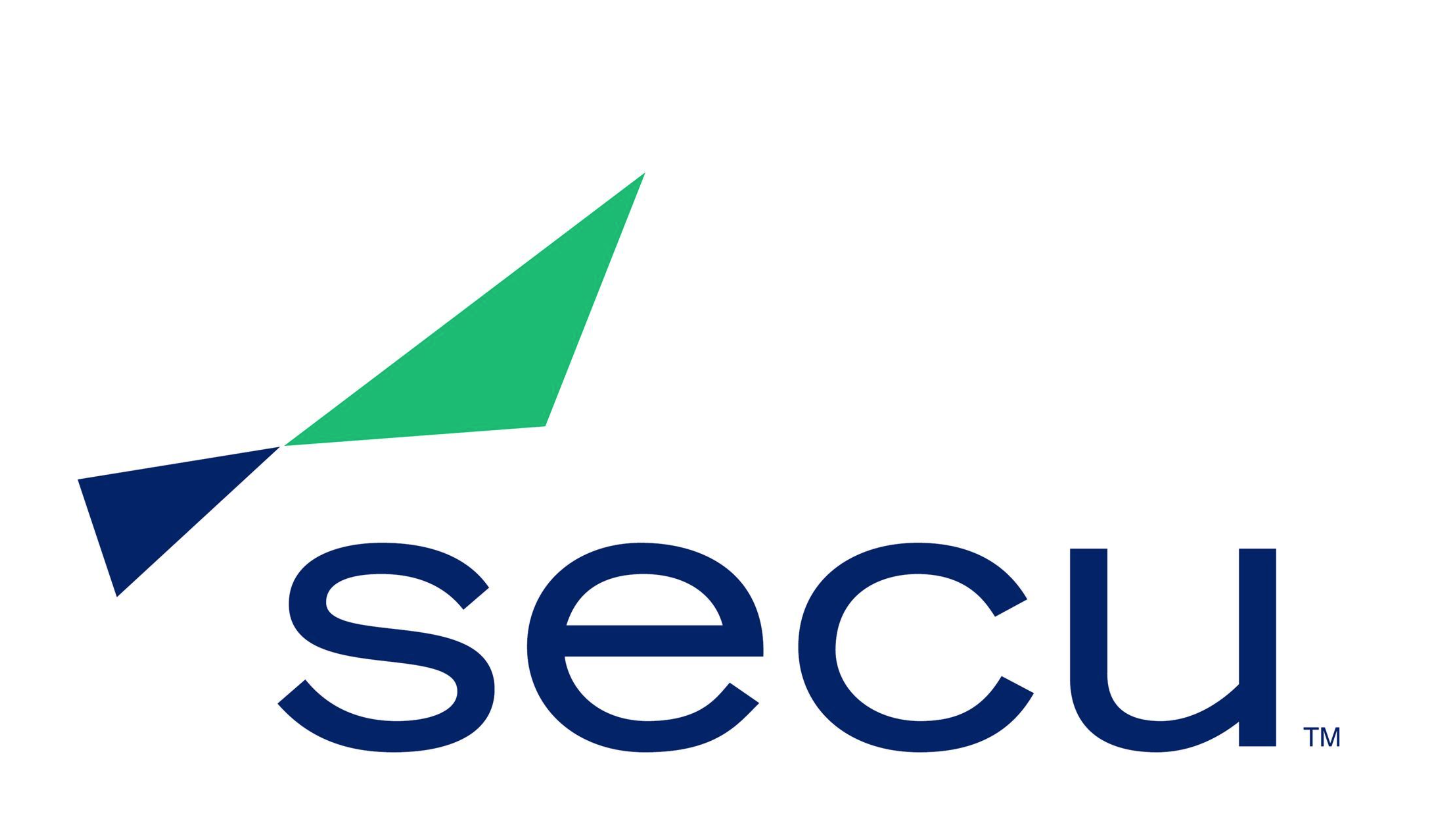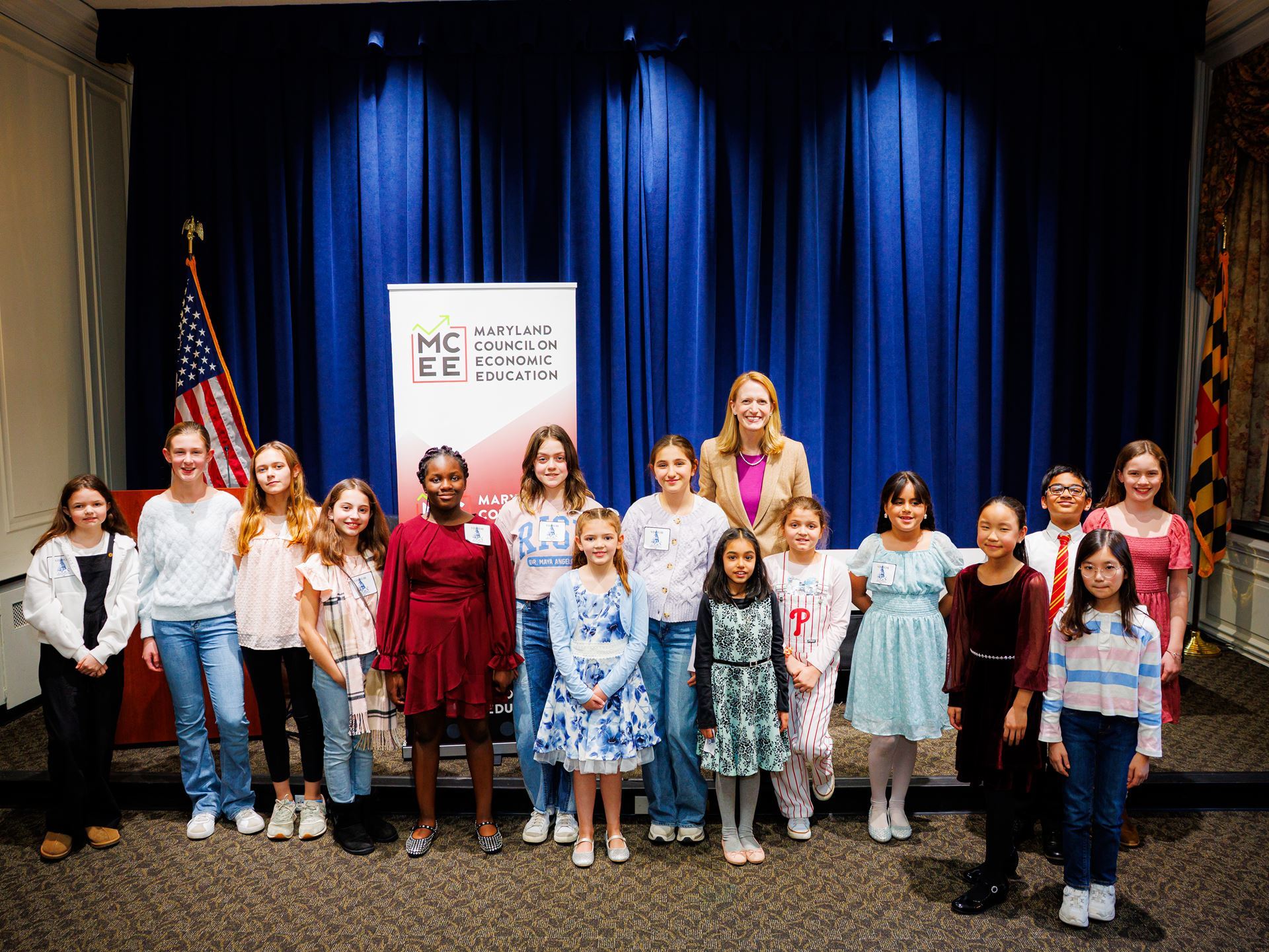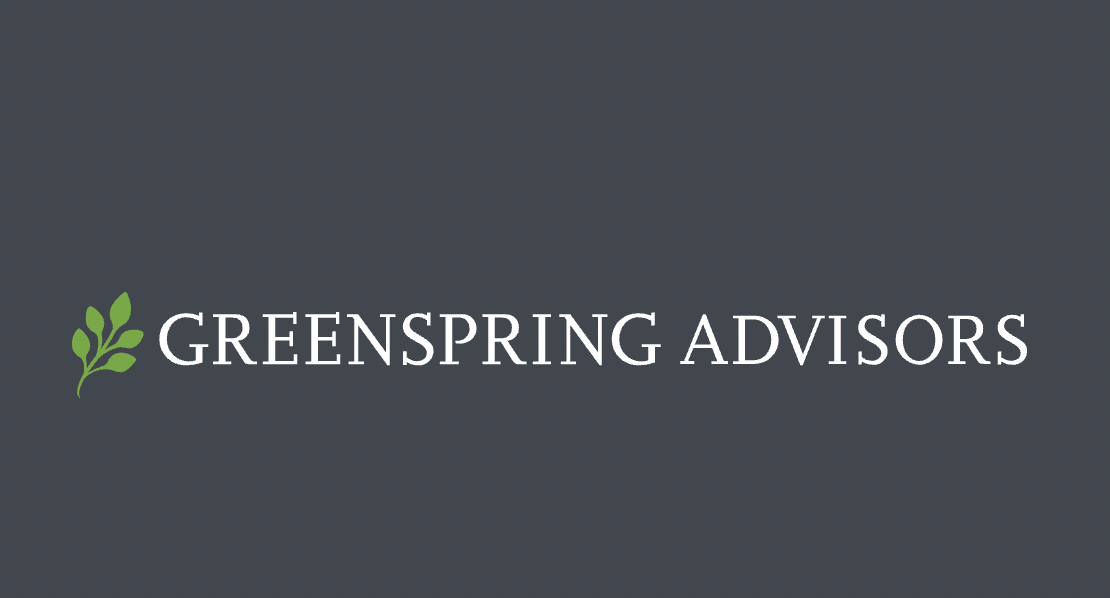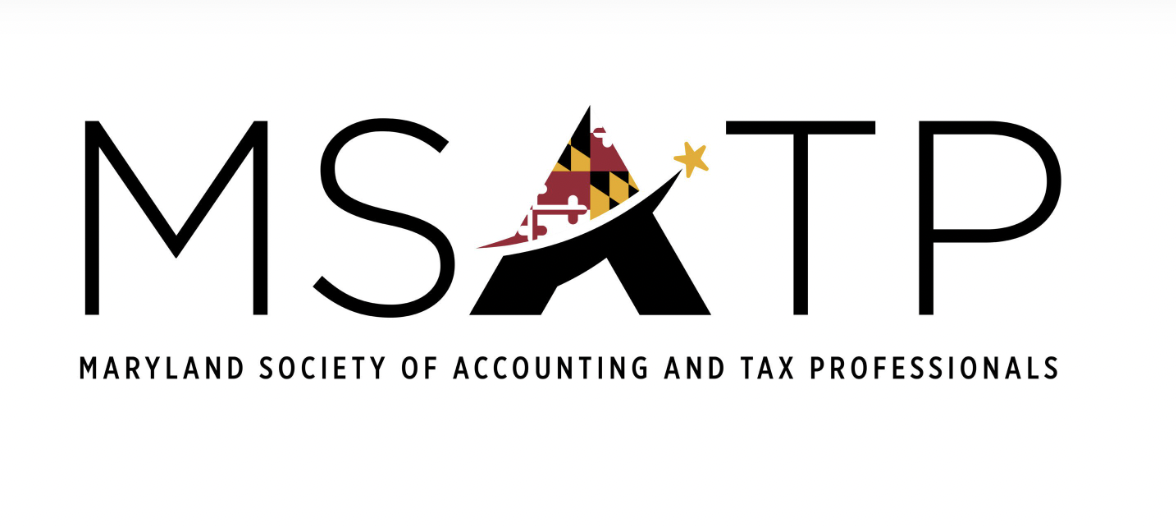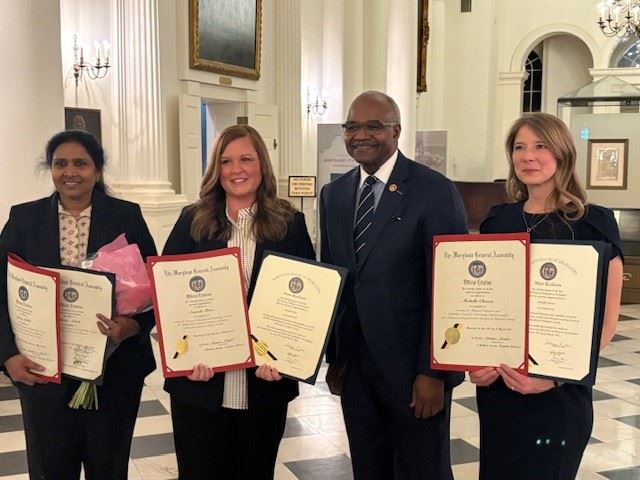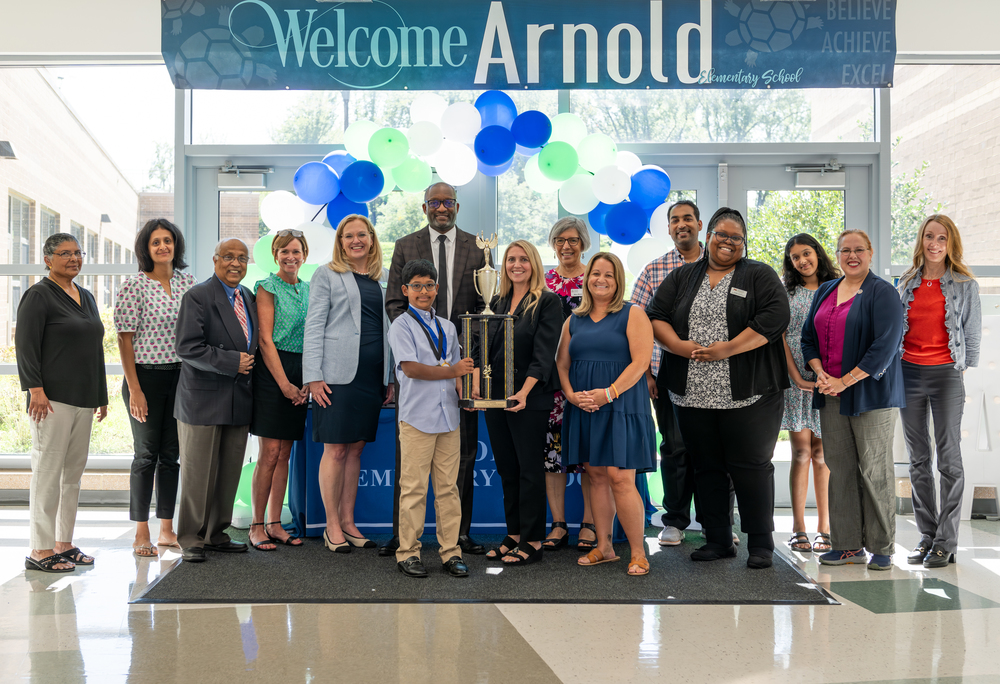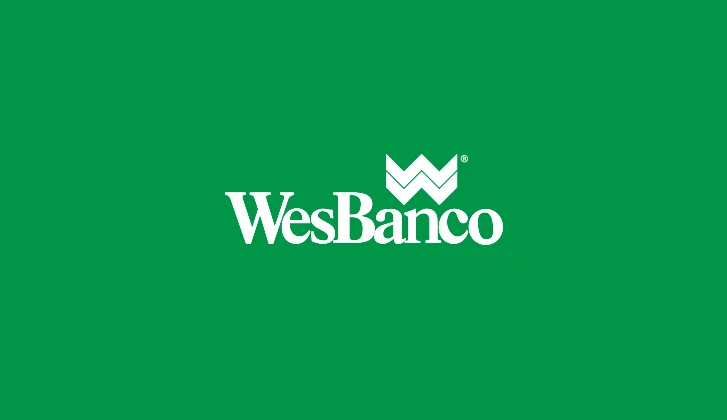MCEE News
Sponsor in Focus: Harbor Investment Advisory
Harbor Investment Advisory assists its clients to understand, define, and plan for their financial challenges and goals. That’s perfectly aligned with MCEE’s work—and a central reason why Harbor supports MCEE. Harbor Investment Advisory was introduced to MCEE...
MCEE Supports Implementation of New Social Studies Program in Montgomery County
Montgomery County is the second wealthiest county in Maryland (based on household income) and is considered one of the wealthiest counties in the United States. Yet 44% of the county’s students are eligible for Free and Reduced Lunch Programs, meaning that their...
Congratulations to MCEE’s New Officers and Board Member!
Congratulations to MCEE’s New Officers and Board Member At its June board meeting, the MCEE Board of Trustees elected new officers and installed a new member on the Board. The elevation of these dedicated community leaders will position MCEE to continue its growth as...
Maryland K-12 Educators Collaborate and Learn at MCEE’s Annual Personal Finance and Economic Educator Summit
In informative presentations and workshops—as well as during breaks and at lunch, and in the hallways between meeting rooms—150 Maryland educators shared best practices for teaching personal finance and economics and gained insight during MCEE’s Annual Educator Summit...
Announcing the 2024-2025 Personal Finance and Economics Competition Winners
More than 160 students from 42 elementary, middle, and high schools across Maryland are winners of statewide competitions in personal finance and economics coordinated by the Maryland Council of Economics Education (MCEE) during the 2024-2025 school year. The winners...
Sponsor in Focus: SECU
SECU is the title sponsor of MCEE’s annual Educator Summit in June, and we are grateful for the credit union’s ongoing and unwavering support. SECU (pronounced "see-Q") was founded in October 1951 in Baltimore as the State Employees Credit Union of Maryland. Now, as...
Poster Contest Winners Honored at Annapolis Reception
Pablo Picasso said, “Drawing at its best is not what your eyes see but what our mind understands.” Over the past few months, hundreds of elementary and middle Maryland schoolchildren have used their own creative drawings to show their understanding of finance and...
Sponsor in Focus: Mission Alignment with Greenspring Advisors
Goals we believe in. Furthering excellence and growth in our community. Creating educated consumers. Mission alignment. That’s why Greenspring Advisors supported MCEE through its 2023 and 2024 Greenspring Grant programs. Since the program was launched in 2012, MCEE...
Sponsor in Focus: Maryland Society of Accountants and Tax Professionals
The Maryland Society of Accounting and Tax Professionals (MSATP) provides educational programs, timely resources, and advocacy on important issues. And while these benefits are intended for finance professionals, it’s also Maryland’s educators and students that...
Three Teachers Honored as Maryland Financial Education and Capability Award Winners
In partnership with the CASH Campaign of Maryland and the Maryland State Department of Education, the Maryland Council on Economic Education presented the 12th annual Maryland Financial Education and Capability Awards on March 10, 2025. Three public school teachers...
Engaging Resources for Teaching Economics During Women’s History
The Maryland Council on Economic Education (MCEE) is equipping educators with valuable resources to integrate Women’s History Month into economics and financial education lessons. These resources highlight the significant impact of women in business, finance, and...
MCEE to Present at March 15 Social Studies Conference
As part of its recently-forged partnership with the Maryland Council for Social Studies (MDCSS), MCEE will present four workshops at MCSS’s annual conference on Saturday, March 15, 2025. MCEE is a co-sponsor of the day-long event, which will be held at Salisbury...
MCEE Welcomes Liz Frediani as New Board Member
The Maryland Council on Economic Education has elected Liz Frediani to its Board of Directors.Liz is Chief of Staff and Vice President of Operations at the Maryland Bankers Association (MBA), a longtime partner and supporter of MCEE. She brings MCEE a deep...
Arnold Elementary Fifth-Grader Named National Winner of Investment Essay Competition
When it comes to writing about investments, students – and, perhaps, adults – could learn a lot from Arnold Elementary School fifth-grader Johan Zacharia. Johan’s essay was named national champion out of 959 entries in the elementary school division of the national...
Sponsor in Focus: MASTA and MCEE Partner to Enhance Financial Literacy
When asked about the Mid-Atlantic Security Traders Association’s (MASTA) support of MCEE, MASTA Foundation President Stan Craig puts it simply and powerfully: “We share the same mission. MCEE enhances the financial literacy of children across Maryland. It’s exactly...
MCEE Offers Tips in Magazine Article for Talking Personal Finance at Home
When it comes to teaching and learning personal finance and economics with young people, conversations are crucial. They give space to ask questions, explore ideas, and make connections to important concepts. In an ideal learning journey, MCEE’s work with teachers and...
Teachers: Sign up Your Students for the MCEE Poster Contest
Great news for teachers considering inviting students to participate in the MCEE Poster Contest - for which registration is now open! MCEE is excited to announce that the winners of this year’s Poster Contest will have their creative entries displayed...
Introducing Our New Logo
As we close out our 70th anniversary year, we are thrilled to unveil a brand new identity. Our new logo exemplifies our mission-driven purpose and our proven impact in preparing Maryland students to graduate high school with the financial knowledge they need to make...
Sponsor in Focus: WesBanco
WesBanco Mission Aligns with MCEE When a company is committed to making the communities they serve a better place for people and businesses to thrive, AND their employees directly participate in financial education programs, Maryland students - and MCEE - benefit.That...
Maryland Comptroller Peter Franchot joins the MCEE Honorary Board
The mission of the Maryland Council on Economic Education is to assure that Maryland’s school children leave high school equipped with the economic knowledge and decision-making skills they need to make informed decisions as consumers, workers, citizens, savers,...
Announcing the Fall 2021 Winners of the Stock Market Game!
We are pleased to announce the winners of the fall session of the Stock Market Game™ experience. The Maryland Council on Economic Education (MCEE) offers the Stock Market Game™ to students and teachers throughout Maryland in grades 4-12 as a...
Media Coverage
ARTICLES THAT FEATURE OUR WORK Developing Life Skills at Home. Chesapeake Life (11 1 20)Financial Lit Report Card 2020.pdfTU Announces New Executive Director of Maryland Council on Economic Education (10 22 19)Investing in the...



